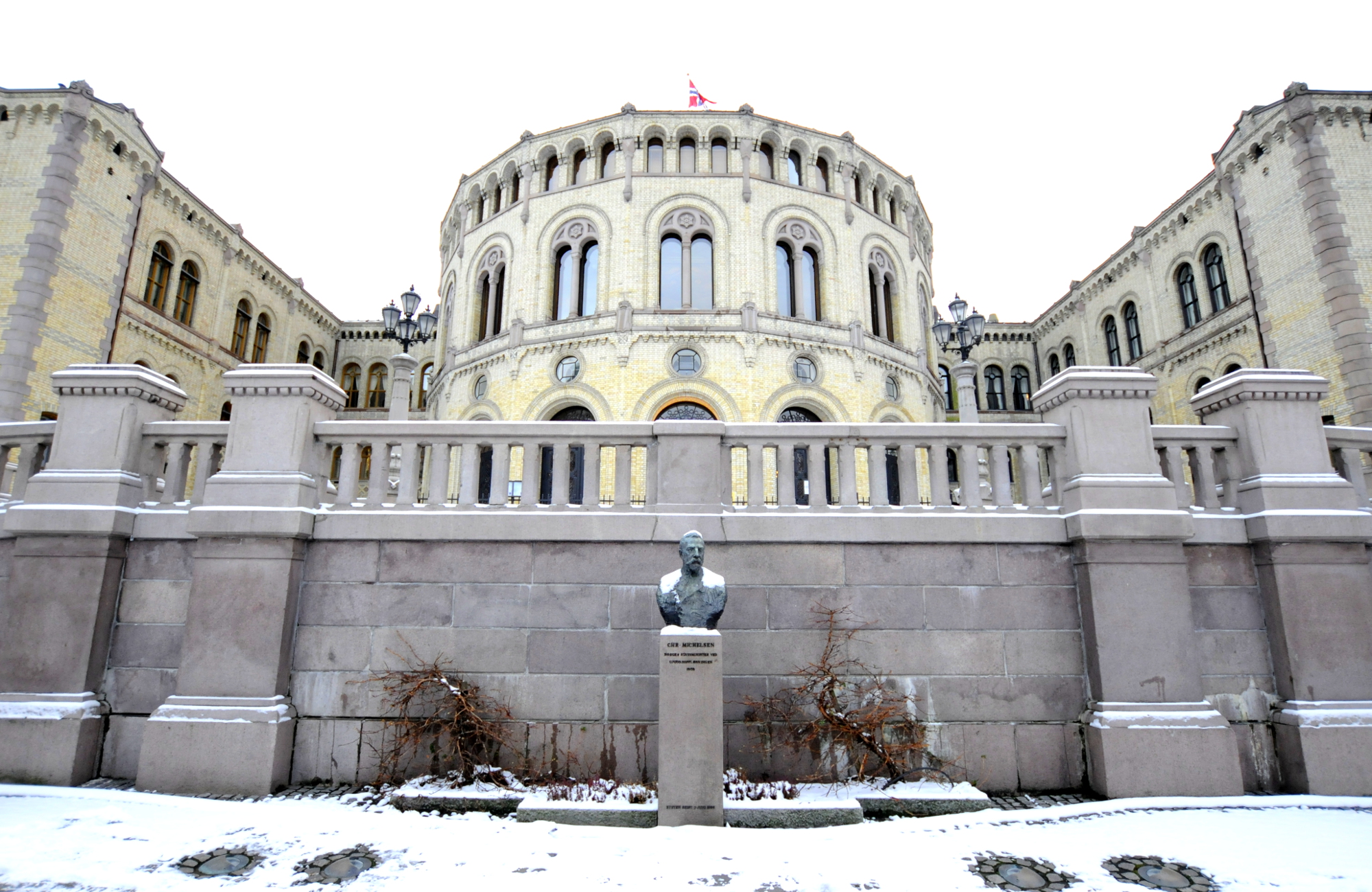Pagan Perspectives
Today’s column comes to us from our international columnist Lyonel Perabo. Lyonel holds an M.A. in Old Norse Religion from the University of Iceland and resides in the cold, Arctic city of Tromsø in Northern-Norway (69° north), where he works in the tourism industry, principally as a tour-guide, as well as a writer. His personal research focuses on local history from northern Fenno-Scandinavia, the Viking Age, and circumpolar religions, among others.
The Wild Hunt’s weekend section is always open for submissions, Please send queries to eric@wildhunt.org. I doubt any reader of The Wild Hunt has heard about Knut Arlid Hareide and the political party he helms. Why would anyone need to, indeed, unless they happened to be a fellow compatriot of his? Yet, Hareide is, in some ways, quite important.



